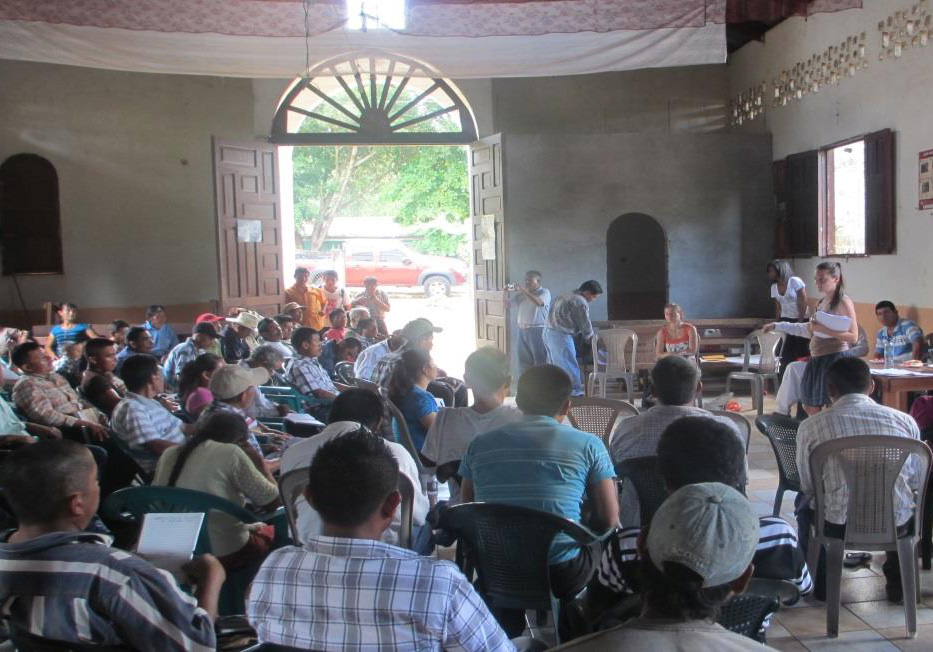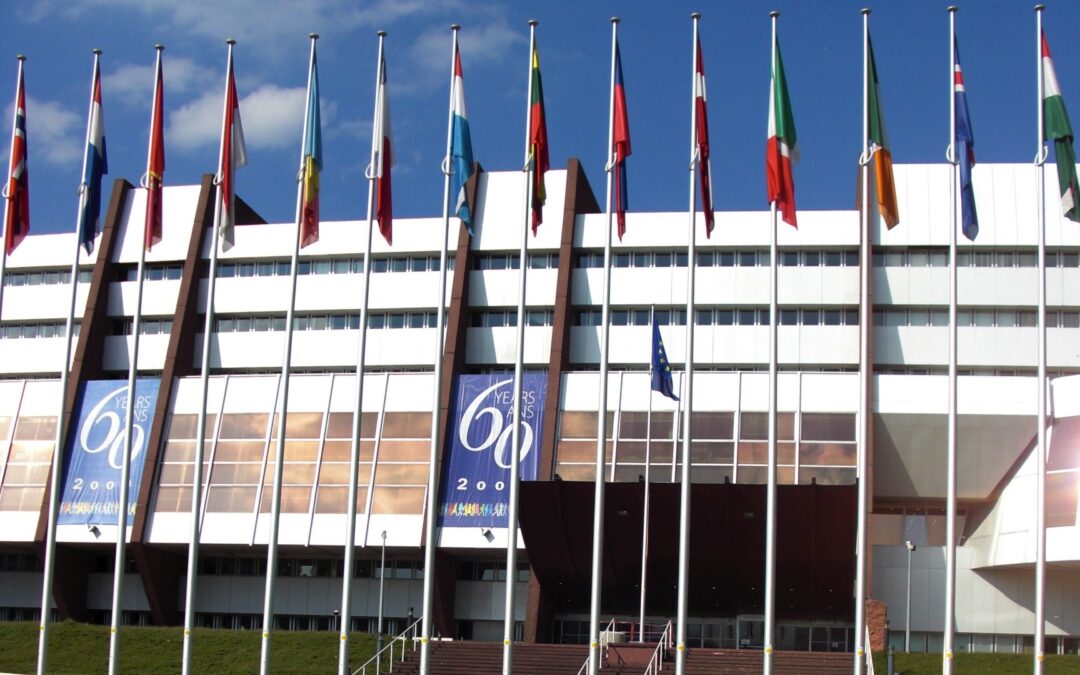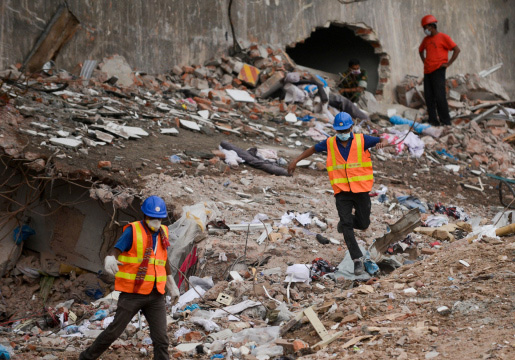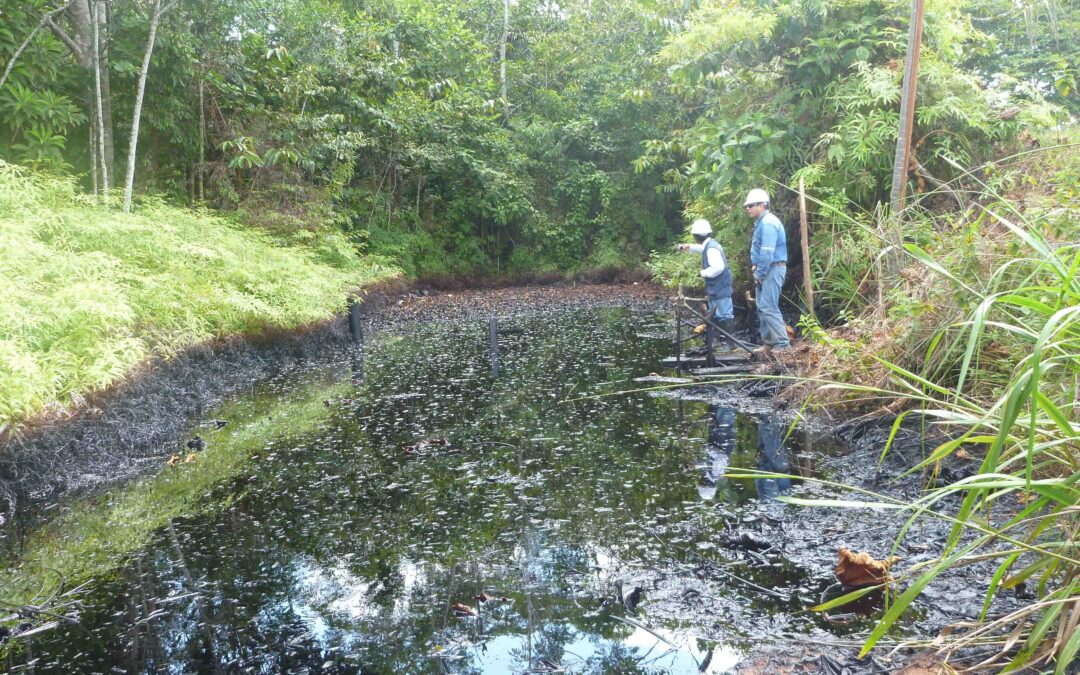
Oct 24, 2013 | News
Los días 22, 23 y 24 de octubre se reunieron en el Departamento de Petén diferentes comunidades, dirigentes comunitarios, defensores de derechos humanos y organizaciones sociales.
El objetivo de la reunion fue evaluar la situación de las comunidades que viven en los municipios de San Andrés y La Libertad, de dicho departamento.
Entre otras organizaciones y dirigentes del departamento de Petén, estuvieron presentes las organizaciones Unión Verapacense de Organizaciones Campesinas (UVOC) y el Comité de Desarrollo Campesino (CODECA), ambas integrantes de la Coordinadora Nacional de Organizaciones Campesinas (CNOC); dirigentes del Frente de Resistencia en Defensa de los Recursos Naturales y Derechos de los Pueblos (FRENA) del Departamento de San Marcos y dirigentes de la Sociedad Civil de Santa Cruz Barillas del Departamento de Huehuetenango; representantes del Bufete de Derechos Humanos (BDH), representantes de El Observador y de la Oficina de la Comisión Internacional de Juristas (CIJ) para Centroamérica.
Después de realizar varios talleres, reuniones, análisis y reflexión sobre la situación de derechos humanos en dichos municipios, las organizaciones mencionadas pudieron constatar que continúa la política de persecución, represión y hostigamiento en contra de las comunidades y de sus dirigentes y pobladores, por el hecho de que sus comunidades quedaron en áreas declaradas “protegidas” en la década de los años noventa.
Muchos dirigentes están sufriendo amenazas por parte de las autoridades estatales, mientras el Ejército de Guatemala mantiene diferentes “retenes” que sirven para amedrentar a las poblaciones y a sus dirigentes y para evitar que trasladen alimentos y medicinas a sus comunidades.
El Concejo Nacional de Áreas Protegidas (CONAP) pretende obligar a las comunidades que viven en zonas protegidas a firmar “Acuerdos de Cooperación”, que resultan lesivos a sus intereses y que no otorgan seguridad jurídica sobre la propiedad y posesión de sus tierras. Al resistirse a firmar dichos acuerdos, representantes de CONAP amenazan a las comunidades y a sus dirigentes con implementar desalojos forzosos en su contra y en contra de sus comunidades.
Esta actitud contrasta con la política gubernamental hacia la compañía petrolera PERENCO, a la cual durante la gestión del ex Presidente Álvaro Colom, se le prorrogó el contrato petrolero por 15 años más a partir del año 2010, aún en contra de preceptos constitucionales e internacionales. Además, recientemente el Gobierno concesionó seis licencias más de exploración petrolera, algunas en áreas protegidas, a favor de diferentes empresas privadas en los Departamentos de Petén, Quiché, Huehuetenango e Izabal.
El Departamento de Petén es uno de los más afectados por las políticas de desalojos forzosos del Estado de Guatemala.
Guatemala-NOTA INFORMATIVA PETEN-web story-2013-spa (full text in Spanish, pdf)

Oct 17, 2013 | Events
The ICJ participated in a meeting of experts within the Council of Europe’s Steering Committee on Human Rights (CDDH) in Strasbourg on 14-16 October 2013.
The Drafting Group on Human Rights and Business of the Steering Committee on Human Rights (CDDH-CORP) has drafted a Declaration of support to the Guiding Principles on Human Rights and Business for consideration by the Committee of Ministers. The ICJ expresses satisfaction at the progress made during the meeting and hopes that the draft declaration will be finally approved by Ministers and that this expert group will be able to move on to drafting a non-binding instrument on access to justice in the context of business activities.
Steering Committee meeting page (for agenda and report, including the draft Declaration)
Photo credit: © notfrancois (the author has no involvement in nor does support this submission)

Jun 24, 2013 | News
The recent Rana Plaza building disaster, in Bangladesh, could, and should, have been averted if the government had performed its obligation to adequately protect the workers, the ICJ said today.
“The Rana Plaza collapse, which killed 1,131 workers and injured close to 2,500 others, is the most recent in a long list of industrial disasters brought about by the government’s failure to regulate and monitor workplace conditions and sanction private entities violating the law,” said Sheila Varadan, ICJ Legal Advisor on South Asia. “To single out and focus solely on the role of multi-national companies does not reflect the full picture.”
“While the ICJ does not minimize the responsibility of private enterprises, unless the underlying systemic issues such as institutional weaknesses, corruption and lack of enforcement are addressed, such tragedies will continue to happen,” Varadan added.
Litigation is a vital tool to ensure accountability, remedy and reparations, where government agencies fail in their essential functions.
The Bangladesh Legal Aid and Services Trust (BLAST), a leading national human rights organization, has been petitioning the Supreme Court over the past decade, obtaining orders against government agencies and seeking compensation for victims and their families in work-related disasters.
“The government of Bangladesh must take active measures to ensure its regulatory framework is adequate and effective; its laws are rigorously enforced; and victims are adequately compensated,” Varadan also said. “Failing to do so not only violates Bangladeshi law but is also in breach of Bangladesh’s obligations to protect human rights under international law.”
CONTACT:
Sheila Varadan, ICJ Legal Advisor, South Asia Programme (Bangkok), t: +66 857200723; email: sheila.varadan(at)icj.org
Sam Zarifi, ICJ Asia-Pacific Regional Director, (Bangkok), t:+66 807819002; email: sam.zarifi(at)icj.org
Bangladesh-Rana Plaza-Public interest litigation-backgrounder-featured article-2013 (full text in pdf)
Bangladesh-WGBHR5-OralStatement-LegalSubmission-2013 (full statement to the Working Group on Business and Human Rights)

May 30, 2013 | Agendas, Events
The event will be held Friday, 31 May 2013, from 16.00 to 18.00, in Geneva, Palais des Nations, Room XXVII. It marks the 5th anniversary of the HR Council adoption of the Framework “Protect, Respect and Remedy”.
It also promotes the publication of the ICJ Report on “Corporate complicity in international crimes”. It will highlight the fact that the business and human rights agenda in the Human Rights Council remains unfinished, especially in the critical areas of access to justice and accountability, as well as the need for bold Council action to provide States and other actors with the necessary tools to ensure remedy and justice to victims of serious human rights abuses committed by or with the complicity of corporations in home and host countries.
HR Council-UN SIDE EVENT Business-Event-2013 (full text in pdf)

May 7, 2013 | Advocacy, Legal submissions
The ICJ today submitted to the United Nations a written statement concerning corporate complicity in human rights abuses and access to justice for victims of such abuses.
The statement is made ahead of the UN Human Rights Council’s 23rd session (27 May to 14 June 2013) and comments on a report of the Council’s Working Group on human rights and transnational corporations and other business enterprises.
Setting out issues concerning obstacles to justice for victims of human rights abuses by business enterprises, the ICJ calls on the Working Group to take various steps to address such issues, including by:
- Exploring the further development of international standards;
- Raising specific allegations of corporate abuse with relevant State authorities and business enterprises; and
- Addressing more clearly the issue of access to justice in cases of corporate complicity.
HRC23-Item3-WGBHR-WrittenStatement-LegalSubmission-2013 (download statement in PDF)







